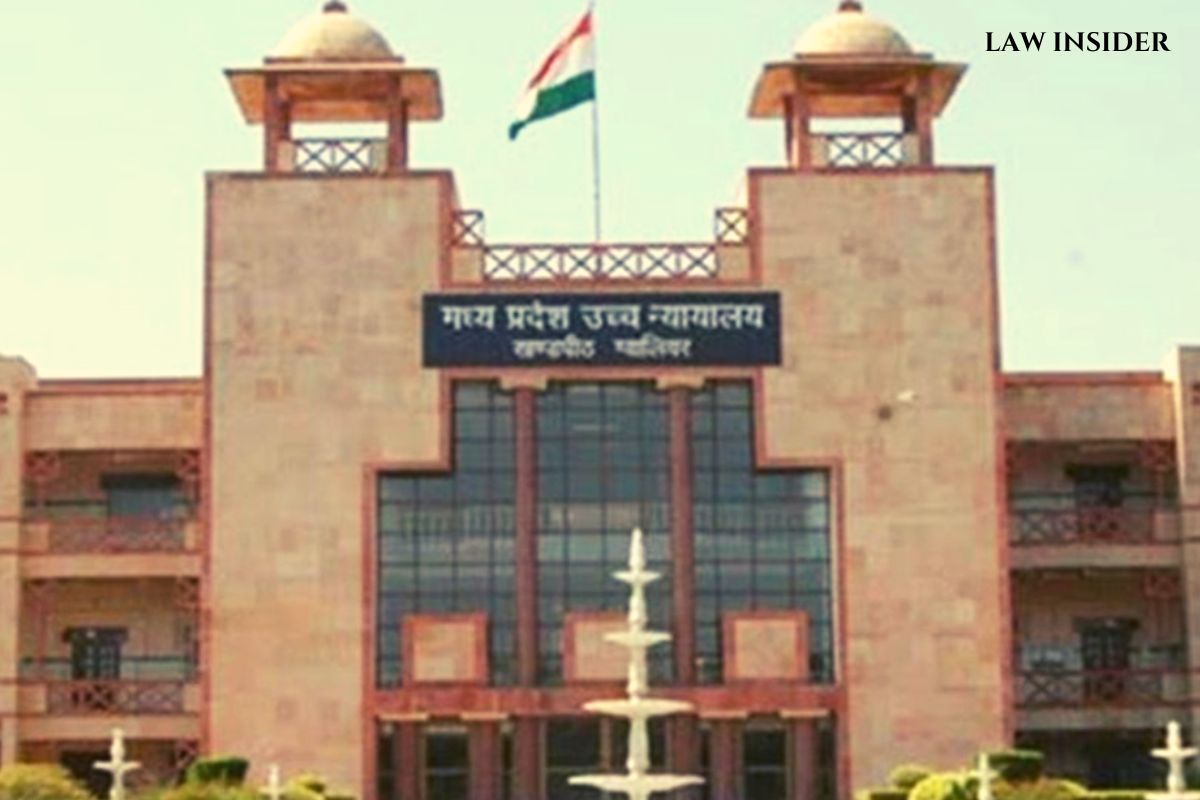LI Network
Published on: October 12, 2023 at 23:40 IST
The Madhya Pradesh High Court, Jabalpur bench, recently emphasized that contracts of employment, which govern the relationship between employers and employees based solely on contractual terms and lack any statutory governance, are not specifically enforceable.
This observation came as a part of a decision in the case of Sudheer Kumar Sharma vs. The State of Madhya Pradesh and Others.
The single judge bench of Justice Maninder S. Bhatti cited a prior decision of the Supreme Court in the case of State Bank of India vs. S.M. Goyal (2008), which held that contracts of personal service, lacking of any statutory elements, cannot be specifically enforced.
The Supreme Court also emphasized that if a contractual employment is found to be illegal or in breach, the remedy available to the employee is to seek damages rather than specific performance.
In such cases, the court does not declare the termination of employment as null and void, maintain the contract of employment, or order reinstatement, except in a few exceptional cases.
The case in question involved the petitioner, who was appointed as “samooh prerak” for a one-year term in 2015 in Rewa and was later transferred to Bhind in 2020.
The petitioner contested the transfer order in the High Court, and the operation of the order was stayed. After a subsequent challenge to the transfer order was dismissed, the petitioner tried to rejoin but was denied.
The Court noted that the prolonged absence of the petitioner from work during various periods had not been satisfactorily explained.
The court considered the absence between the date of the transfer order and the date of the High Court’s interim stay order, as well as the absence during the period between the date of the rejection of the petitioner’s representation and the date when the related writ petition was dismissed.
The Madhya Pradesh High Court concluded that the Supreme Court had already established that contractual appointees have limited rights to seek the continuation of their employment when the relationship between the employer and employee is purely contractual and lacks statutory governance.
Given the petitioner’s failure to provide valid reasons for his prolonged absence, contrary to Clause 17 of the Contract governing the employment relationship, the respondents were found to have acted correctly in terminating the petitioner’s appointment as “samooh prerak.”
This decision reaffirms the principle that employment contracts based solely on contractual terms, without statutory elements, cannot be specifically enforced and emphasizes the importance of explaining prolonged absences in employment disputes.

